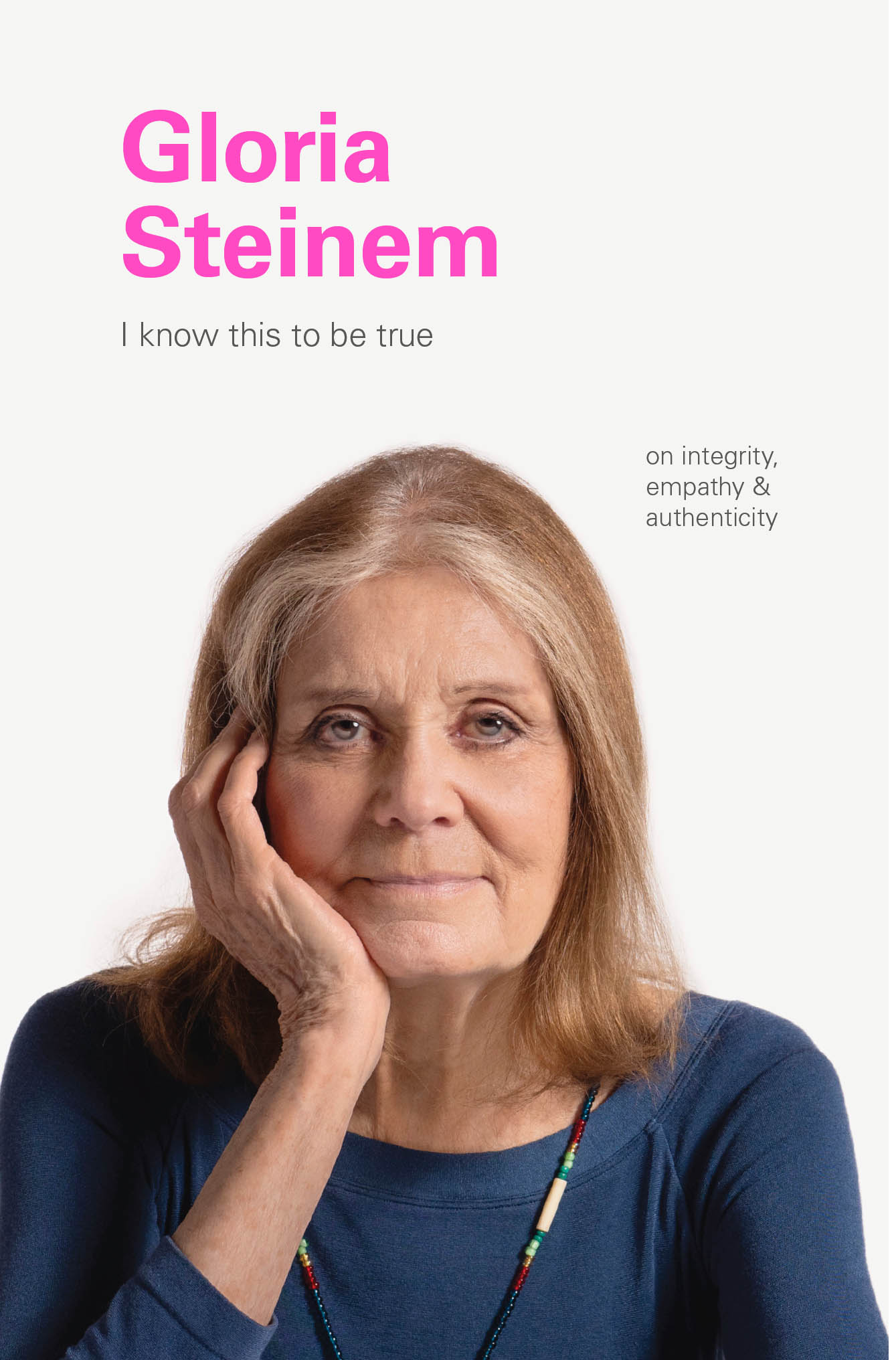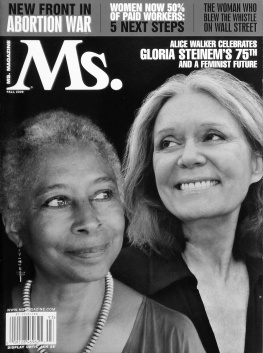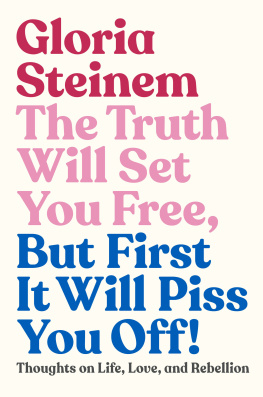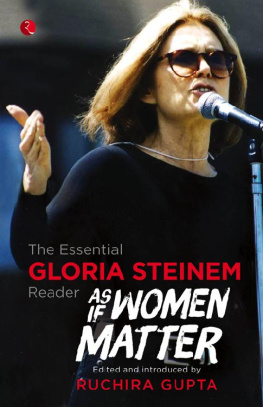
I know this to be true


Dedicated to the legacy
and memory of
Nelson Mandela
First published in the United States of America in 2020 by Chronicle Books LLC.
Produced and originated by
Blackwell and Ruth Limited
Suite 405, Ironbank, 150 Karangahape Road
Auckland 1010, New Zealand
www.blackwellandruth.com
Publisher: Geoff Blackwell
Editor in Chief & Project Editor: Ruth Hobday
Design Director: Cameron Gibb
Designer & Production Coordinator: Olivia van Velthooven
Publishing Manager: Nikki Addison
Digital Publishing Manager: Elizabeth Blackwell
Images copyright 2020 Geoff Blackwell
Layout and design copyright 2020 Blackwell and Ruth Limited
Introduction by Nikki Addison
Acknowledgments for permission to reprint previously published and unpublished material can be found on . All other text copyright 2020 Blackwell and Ruth Limited.
Nelson Mandela, the Nelson Mandela Foundation and the Nelson Mandela Foundation logo are registered trademarks of the Nelson Mandela Foundation.
All rights reserved. No part of this publication may be reproduced, stored in a retrieval system, or transmitted in any form or by any means, electronic, mechanical, photocopying, recording, or otherwise, without prior consent of the publishers.
The views expressed in this book are not necessarily those of the publisher.
Library of Congress Cataloging-in-Publication Data available.
ISBN 978-1-7972-0340-9 (epub, mobi)
ISBN 978-1-7972-0018-7 (hardcover)
Chronicle Books LLC
680 Second Street
San Francisco, CA 94107
www.chroniclebooks.com
Contents
Ordinary people are smart, smart people are ordinary, decisions are best made by the people affected by them, and human beings have an almost infinite capacity for adapting to the expectations around us.

Introduction
A significant portion of Gloria Steinems life has been spent travelling. As a young child she criss-crossed America with her parents and sister living in a car and trailer. There was no plan or school, just the familiarity of the road. Survival came from money her father made selling antiques along the way.
Through this formative experience, Steinems identity was irrevocably shaped. Taking to the road by which I mean letting the road take you changed who I thought I was, she writes in her book My Life on the Road. The road is messy in the way that real life is messy. It leads us out of denial and into reality, out of theory and into practice, out of caution and into action, out of statistics and into stories in short, out of our heads and into our hearts.
It also led her young heart to a belief that has stayed with her throughout her life; the conviction that all people are equal irrespective of social standing.
Families are not about form but content. Humans are not ranked; we are linked.
In her early twenties she travelled to India, where she stayed for two years on a fellowship. There she observed Gandhian activism first-hand, discovering the traditional practice of communal talking circles where every person is equal and belongs. Where those involved learn to listen and gain an understanding of and respect for the views of others so that they might open their minds and hearts to connect with each other.
It proved to be a profound moment. Steinem would go on to use the technique again and again throughout her life.
Simultaneously, she was beginning to build a career as a journalist. The early seeds of this path took root upon returning to the US; she wrote pieces as a freelancer for major players including Esquire, Show, and Cosmopolitan magazines. In 1963 she went undercover to write an expos on Hugh Hefners Playboy Clubs (A Bunnys Tale). It garnered attention for revealing the objectification and harassment Playboys female employees were subjected to on a daily basis. When, a few years later, her New York magazine article After Black Power, Womens Liberation was published, it established her as one of Americas most prominent feminist voices.
As her career developed, the womens movement gained momentum. In 1972 she co-founded Ms. Magazine with child-welfare advocate Dorothy Pitman Hughes. Filling a gap that had existed for too long, Ms. was a new type of womens magazine both for and by women. But establishing a magazine that was staffed, financed and editorially driven by women in an industry dominated by and accustomed to men, was no easy feat. Despite the myriad challenges they faced, it paid off; a sample issue sold out in eight days. Within weeks, there were more than 26,000 subscription orders. Readers wanted more.
A pioneering publication, Ms. was the first of its kind in the US to give cover space to confronting issues such as domestic violence and sexual harassment, openly promote the Equal Rights Amendment of 1923, and feature women supporting the decriminalization of abortion. By addressing real issues, it gave women a unique platform that finally expressed their views.
As her profile grew, Steinem used her voice in a multitude of ways. She actively campaigned for a slew of issues, including
But she did more than just talk about her values and views; she lived them. Prior to launching Ms., she had co-founded the National Womens Political Caucus in 1971 along with more than three hundred other women. Still active today, the organization provides support and training for women candidates for elected and appointed offices. Later, she helped organize the 1977 National Womens Conference in Houston, Texas, USA, alongside Congresswoman Bella Abzug. The event garnered nationwide attention, with over 20,000 attendees discussing topics including foreign policy, education reform, and child care. And more importantly, it was significant in uniting women.
As her travels continued both literal and figurative she came to realize that her journey was far from over; perhaps it never would be. In my first days of activism, I thought I would do this (this being feminism) for a few years and then return to my real life, she wrote in a piece for Ms. But like so many others now and in movements past, Ive learned that this is not just something we care about for a year or two or three. We are in it for life and for our lives. Not even the spiral of history is needed to show the distance travelled. We have only to look back at the less complete people we ourselves used to be.
Indeed, through the end of the twentieth century and into the twenty-first, Steinems organizing lifestyle continued. In 1992 she co-founded Choice USA (now URGE: Unite for Reproductive & Gender Equity) to mobilize people in support of abortion rights, and has continued to be active in politics.
An itinerant organizer, Steinem, now age eighty-five, continues to travel and promote equality on the road. In My Life on the Road she encourages others to be open to the idea of a journey long or short. But travel doesnt have to be the physical kind. It can be metaphorical, as in travelling into the history of a country, culture or person. Steinem has done both. One could say she is a nomadic soul, a wanderer. And her work is not done.
Next page











